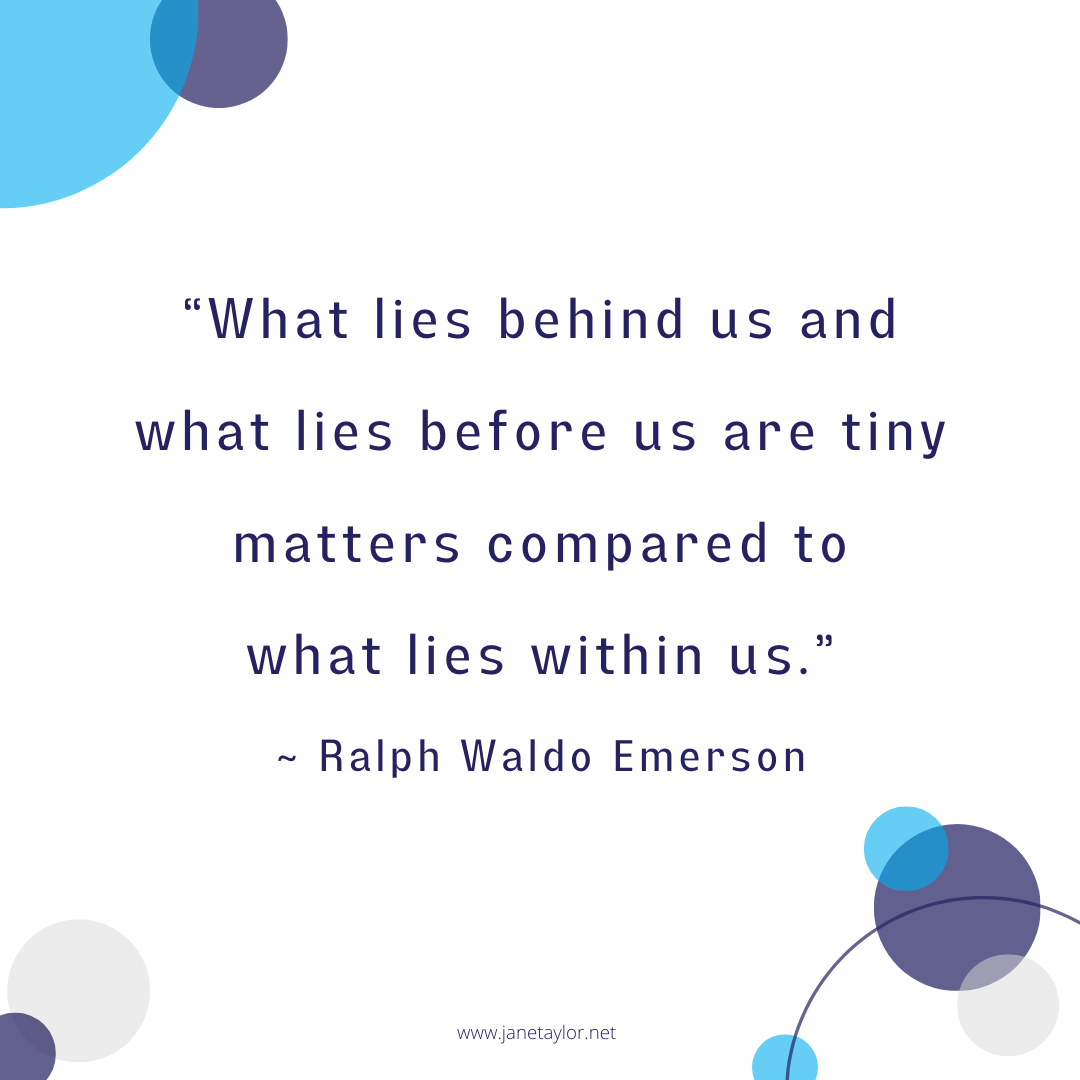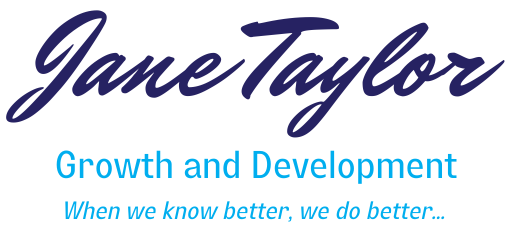Exploring the 4 Different Types of Power

I remember it like yesterday, the first time I heard a colleague (Jeremy Hurley) talk about power. Jeremy was facilitating a workshop with a variety of school principals and executives in Brisbane on leadership. I was lucky enough to be a participant that day.
In the workshop, Jeremy eloquently weaved his story about growing up in South Africa with the topic of power. That day shifted something in me. Maybe it was a deeper sense of curiosity, I am not sure. However, I do know something transformed me that day and I wanted to learn more about it.
So today, I am going to share a little about what I have found out about power, including exploring the 4 different types of power. Let’s get started…
What is Power?
The word “power”comes from the Latin word “posse”, which means “be able”. There are many definitions of power, including –
- “possession of control, authority, or influence over others” and “ability to act or produce an effect” ~ Merriam-Webster Dictionary
- “ability to do or act; capability of doing or accomplishing something” ~ Dictionary.com
- “the ability or capacity to act or do something effectively” and “The ability or official capacity to exercise control; authority” ~ the Free Dictionary.
- “the ability to achieve a purpose. It is the strength required to bring about social, political, and economic change.” ~ Dr Martin Luther-King Jr.
5 Quotes on Power
The following 5 quotes relate to power and empowering yourself –
- “Mastering others is strength. Mastering yourself is true power.” ~ Tao Te Ching
- “Most powerful is he who has himself in his own power.” ~ Seneca
- “The most common way people give up their power is by thinking they don’t have any.” ~ Alice Walker
- “Ultimately, the only power to which man should aspire is that which he exercises over himself.” ~ Elie Weisel
- “You see what power is, holding someone else’s fear in your hand and showing it to them.” ~ Amy Tan.
Do you have another quote on power that you like? If so, feel free to share it below in the comments 🙂
What Are the Different Types of Power?
Power can be categorised in many ways, including but not limited to political, social, cultural and economic. However, in today, I wanted to explore the different types of power or dynamics of power. These are power over, power with, power to and power within.
1. Power Over –
Am not sure this needs much explanation as it is the common way power is used within society today. It is experienced by control, force and domination and is often associated or motivated by fear. For example – people being denied access to food, water, health care or other freedoms.
2. Power With –
Power with is shared power and is about finding common ground with people. Just Associates says it is –
“Based on mutual support, solidarity, collaboration and recognition and respect for differences, power with multiplies individual talents, knowledge and resources to make a larger impact.”
3. Power To –
This relates to every personal given the power to make a difference. According to VeneKalsen & Miller –
“Power to refers to the unique potential of every person to shape his or her life and world. When based on mutual support, it opens up the possibilities of joint action, or power with.” (p.45).
4. Power Within –
This type of power relates specifically to the individual and their sense of agency, faith and inner resources. VeneKalsen & Miller indicate that power within is related to a person’s –
“sense of self-worth and self-knowledge; it includes an ability to recognise individual differences while respecting others.” (p. 45).
Questions for Reflection…
Has this post given you some insights in to power? If so, what have you discovered? Feel free to share your insights below. Also, I wanted to note, when I am working with people and communities, my intention is to nurture “power with”, “power to” and “power within”, not from a position of power-over. And yes, this relates to one of my favourite quotes –
“What lies behind us and what lies before us are tiny matters compared to what lies within us”. Ralph Waldo Emerson
If you are ready to reclaim your courage and take the next step towards freedom and opening your heart, why not join our Toolkit?
Reference –
Just Associates. (2011). Making Change Happen – Concepts for Revisioning Power for Justice, Equality and Peace.
VeneKlasen, L., & Miller, V. (2007). A New Weave of Power, People & Politics: The Action Guide for Advocacy and Citizen Participation. Warwickshire, USA: Practical Action Publishing.
